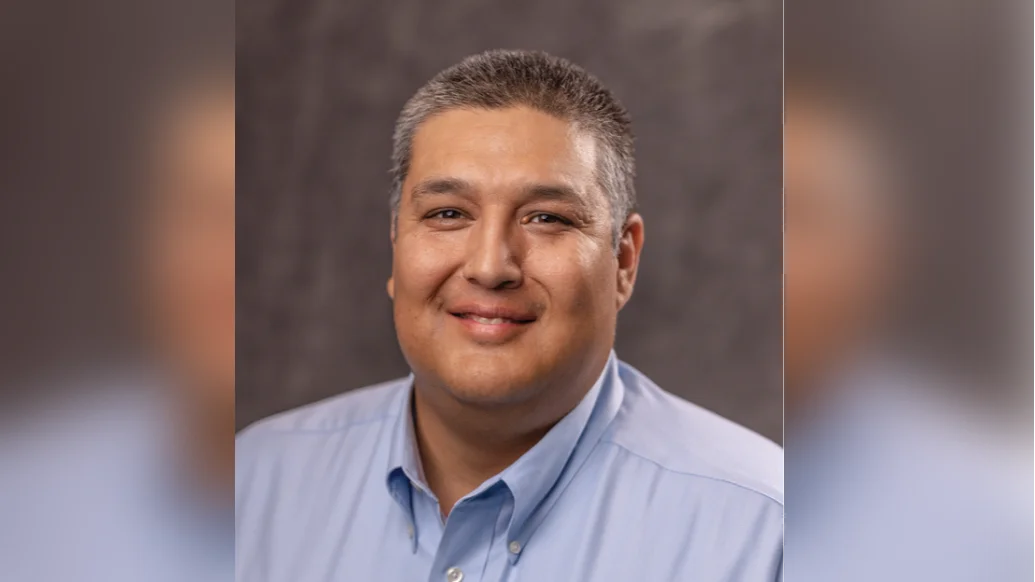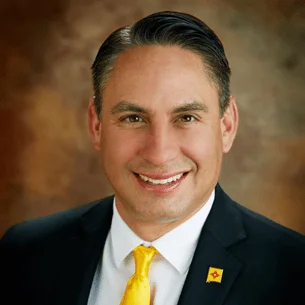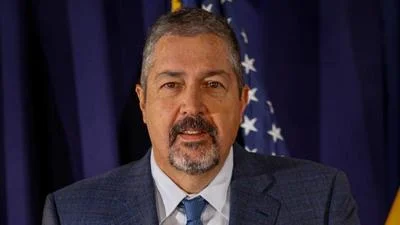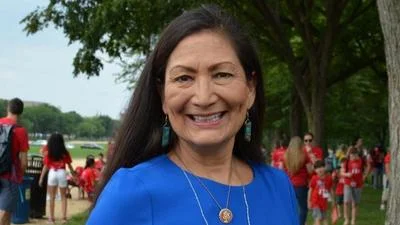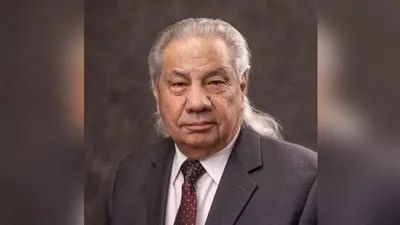On August 11, 2025, the Native American Rights Fund (NARF) filed a motion to intervene in the federal court case Torongo v. Burgum on behalf of five Tribal Nations: Torres Martinez Desert Cahuilla Indians, Fort Yuma Quechan Indian Tribe, Chemehuevi Indian Tribe, Colorado River Indian Tribes, and Morongo Band of Mission Indians. The case challenges the designation of Chuckwalla National Monument, a site with deep cultural and spiritual significance for these tribes.
The legal challenge was initiated by a Michigan resident claiming mining interests within the monument's boundaries and a national off-road vehicle advocacy group. Tribal Nations have played a leading role in seeking protection for Chuckwalla through monument status, working alongside local and state government bodies, businesses, California officials, and community organizations.
Chair Joseph Mirelez of the Torres Martinez Desert Cahuilla Indians stated: “For years, we worked with our neighbors across southeastern California to get this monument designation. This unique landscape is valued by so many in the region for its beauty, spirit, and wildlife. For the Torres Martinez, the region embodies our people’s origin stories, cultural traditions, and spiritual practices. We are committed to protecting Chuckwalla.”
President Jonathan E. Koteen of the Fort Yuma Quechan Indian Tribe emphasized tribal involvement in managing the land: “An important part of the national monument designation at Chuckwalla is that it recognizes the role of Indigenous people in land management. By providing for tribal co-stewardship, the national monument designation brings Native voices to the table and recognizes the value of knowledge that we have passed down from generation to generation.”
Chairman Charles Martin of Morongo Band of Mission Indians highlighted ongoing ties to the land: “You can find our ancestors’ marks across the Chuckwalla National Monument. Indigenous people have been here since time immemorial, and we are still here today. We continue to come to Chuckwalla and maintain our cultural heritage. Without protections, that heritage is threatened by vandalism and desecration.”
Asserting their unique sovereign interests as original stewards who led efforts for monument status, these Tribal Nations seek participation in defending against attempts to revoke or undermine those protections.
Chairwoman Amelia Flores of Colorado River Indian Tribes said: “Tribal Nations led the efforts to protect Chuckwalla National Monument. We have unique interests in this landscape. It is part of our ancestral home, and it is a cultural and religious place that we have spent years working to protect and continue to maintain. We deserve to be heard in the Torongo case.”
Chairman Daniel Leivas of Chemehuevi Indian Tribe described long-standing connections: “The connection between the lands, waters, and wildlife of Chuckwalla and our people is hard to express when it comes to shared spiritual cultural sites, areas, and places. We have lived here for so many generations. We are committed to taking care of these lands as they have taken care of us. Getting the national monument designation was one step in that process.”
The lawsuit was filed in U.S. District Court for Eastern District of Michigan by parties opposing current restrictions on activities like mining or off-roading within protected boundaries.
NARF Staff Attorney Lenny Powell explained: “The Tribal Nations in the Chuckwalla region advocated vigorously to protect their homelands and the many historic and scientific items within Chuckwalla from looting and destruction. As the original stewards of Chuckwalla, they are entitled to participate in the defense against this attack. They are committed to protecting their homelands.”
Tribal Nations intend continued advocacy for preserving their traditional lands against external threats.
